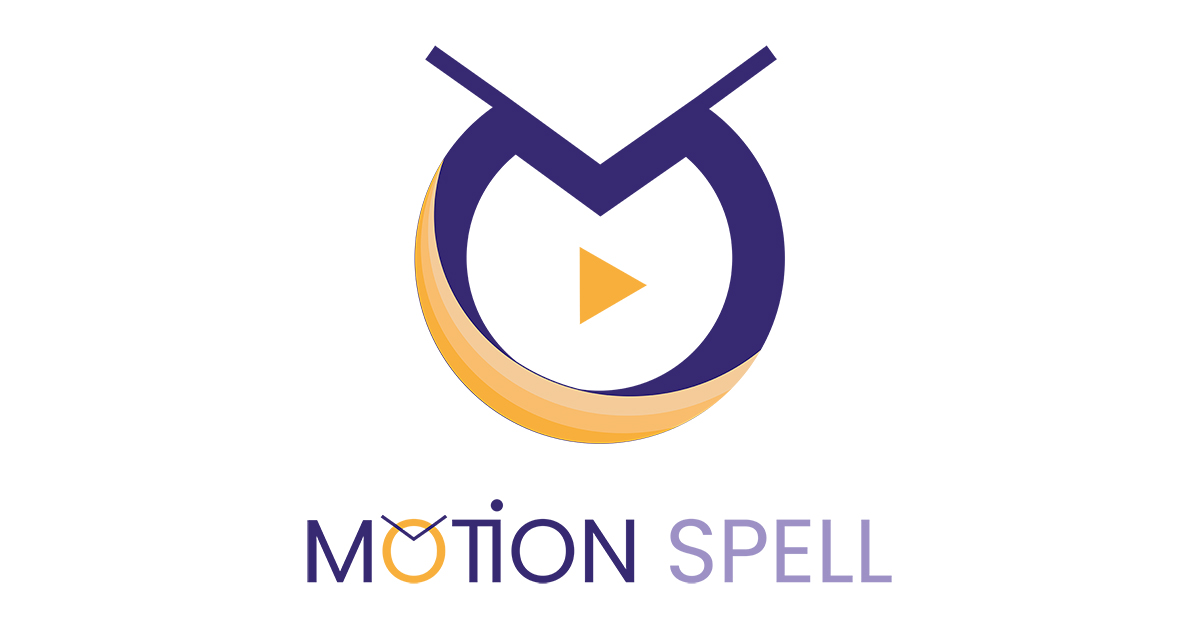Commercial Use Cases for GPAC: An Overview of Motion Spell’s Licensing Model

The deployment of GPAC open source software (OSS) across Netflix’s worldwide content operations was announced in November 2022 by Motion Spell SARL, a Paris-based media technology software and consulting company with a strong focus on R&D. Motion Spell is the exclusive commercial licensor of GPAC OSS.
As part of the deal, Motion Spell provided consulting expertise to Netflix’s R&D division. Netflix is not the only company to integrate GPAC OSS. Facebook also recently mentioned how they leveraged GPAC’s MP4Box to alleviate Instagram’s live video compute times by 94%. This choice prevented an upload capacity shortage within 12 months.
To get a deeper understanding of how GPAC is licensed, the use cases for commercial licensing, its value proposition for the streaming media industry, and how Motion Spell came to be the exclusive commercial licensor for the software, I spoke to Motion Spell‘s CEO Romain Bouqueau.
GPAC is a professional-grade multimedia open-source software and some consider it the leader in packaging and streaming. After 20 years of continuous development by the open source community, some suggest that GPAC OSS has commoditized the business of packaging. GPAC is now considered as a critical infrastructure component for video streaming services and today, GPAC is to packaging what FFmpeg is to encoding.
For packaging, GPAC is articulated around the ISO Base Media File Format (ISOBMFF), a technology developed at MPEG. The GPAC open source community has independently contributed to ISOBMFF and related technologies like fMP4, CMAF, DASH, or Common Encryption. Its efforts greatly contributed to the dominance of ISOBMFF, which is royalty-free (and has no relationship to the MPEG-LA patent-pool).
When a company licenses GPAC software they must either make themselves compliant with open source licensing rules, or, they have to request a commercial license from Motion Spell. Such a commercial license comes at a fraction of the price of building an equivalent product while keeping the flexibility of a custom software.
In a nutshell, open source software licenses enable anyone to use the software for free, but they have to respect certain requirements. Free software gives users the freedom to run, copy and change the software. When they distribute their own version of the software, modified or not, they then must provide their users with the same rights and publicly acknowledge its origins.
Some specific use cases include:
- You don’t want to distribute GPAC source code as dictated by the LGPL. You don’t want to publicly acknowledge that you have used GPAC in any way. You do not want the name or accreditation to GPAC, or the GPAC filenames, to appear in your product.
- You want to claim proprietary ownership over the code after you’ve modified it. You want to redistribute and charge for the modified software. You want to prohibit reverse-engineering of the modified software by third parties.
- You want to do the above things, but you also need support, training or custom developments. For example, you need help to integrate or deploy GPAC into your operations. You use the GPAC libraries but you don’t know how to build your own GPAC executables.
Motion Spell’s CEO Romain Bouqueau says that Motion Spell was created to enable commercial licensing fees to be shared with the contributors. He said that over the course of its lifetime, $15M has been spent developing GPAC, so they needed funding to continue to sustain the software. Motion Spell is now inviting business users, who use the software extensively, to participate in the funding of this critical infrastructure, now that Motion Spell believes that packaging has become commoditized.
Motion Spell counts 100+ customers for GPAC including Netflix, Akamai, Fox, Cisco, Comcast, Ericsson and AWS Elemental. When joining the GPAC corporate community, Motion Spell makes it easy to access the necessary commercial licenses, plus support, training and custom developments for all kinds of commercial multi-media and video streaming use-cases.
Netflix and Motion Spell will present some of what they have done together at the NAB Show Streaming Summit, April 17-18 in Las Vegas.
